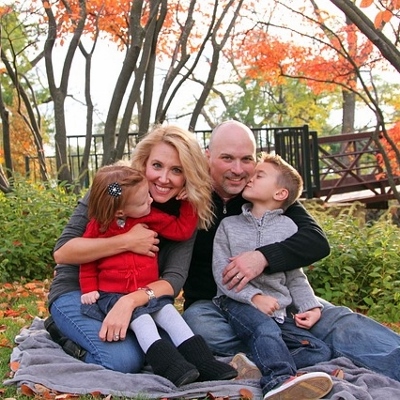
Within the first few months of life, infants often exhibit a number of curious behaviors that tend to surprise new parents. Infants might scratch their face or body, kick their legs, cross their eyes and root with alarming immediacy. As parents navigate their new caregiver roles, questions might arise about the normalcy of these behaviors. Thankfully, all of these actions are completely normal and frequently resolve within the first year. Learn more below.
Face Scratching
Immediately after leaving the womb, infants often start to grab at their face and body. These jerky movements coupled with uncut nails result in deep scratches. At first, infants do not have enough control over their extremities to avoid digging their nails into their skin. Since there is a risk of scratching the cornea, you must take action to minimize this activity. Until better control develops, keep your infant’s nails short and cover his hands with thin mittens.
Eye Crossing
The lack of muscle control extends to the eyes as well, leaving your infant cross-eyed for minutes at a time. You might notice one or both eyes drifting toward the center on occasion, especially as your infant grows tired. As your infant learns to track objects, the muscles will strengthen enough to stay aligned with movement. Until then, reduce stress on your baby’s eyes by keeping your face about one foot away while talking to your baby.
Frantic Rooting
Rooting is a reflex that allows babies to feed on demand. Whenever you touch your infant’s cheek or mouth, she will whip her head to the side and search for the nipple. From three to six months, the rooting behavior remains and even becomes more frantic. While lying on your chest, your infant may thrash from side to side in search for access to food. Normally, this means your infant is hungry, but if it happens right after a full meal, you can provide a pacifier instead.
Constant Kicking
As your infant reaches one month of age, the kicking will begin. Infants love to kick their legs at a frenzied pace while lying on their backs. The kicking also helps strengthen muscles throughout the body. The increased strength and coordination will come into play as your infant learns to roll over, crawl and walk. If your infant seems content kicking away, you do not need to worry about the activity. Just make sure to keep your infant on a stable surface as the kicking can displace them from their current location.
If you are ever unsure or concerned about your infant’s behaviors, it is wise to discuss your worries with a pediatrician. You can bring it up at the next well child check or vaccination appointment if the issue does not seem dire. Otherwise, feel free to call the clinic nurse or just schedule an appointment with the doctor. Pediatricians can discuss reflexes and other infant behaviors to give you reassurance during these trying or confusing first months.










